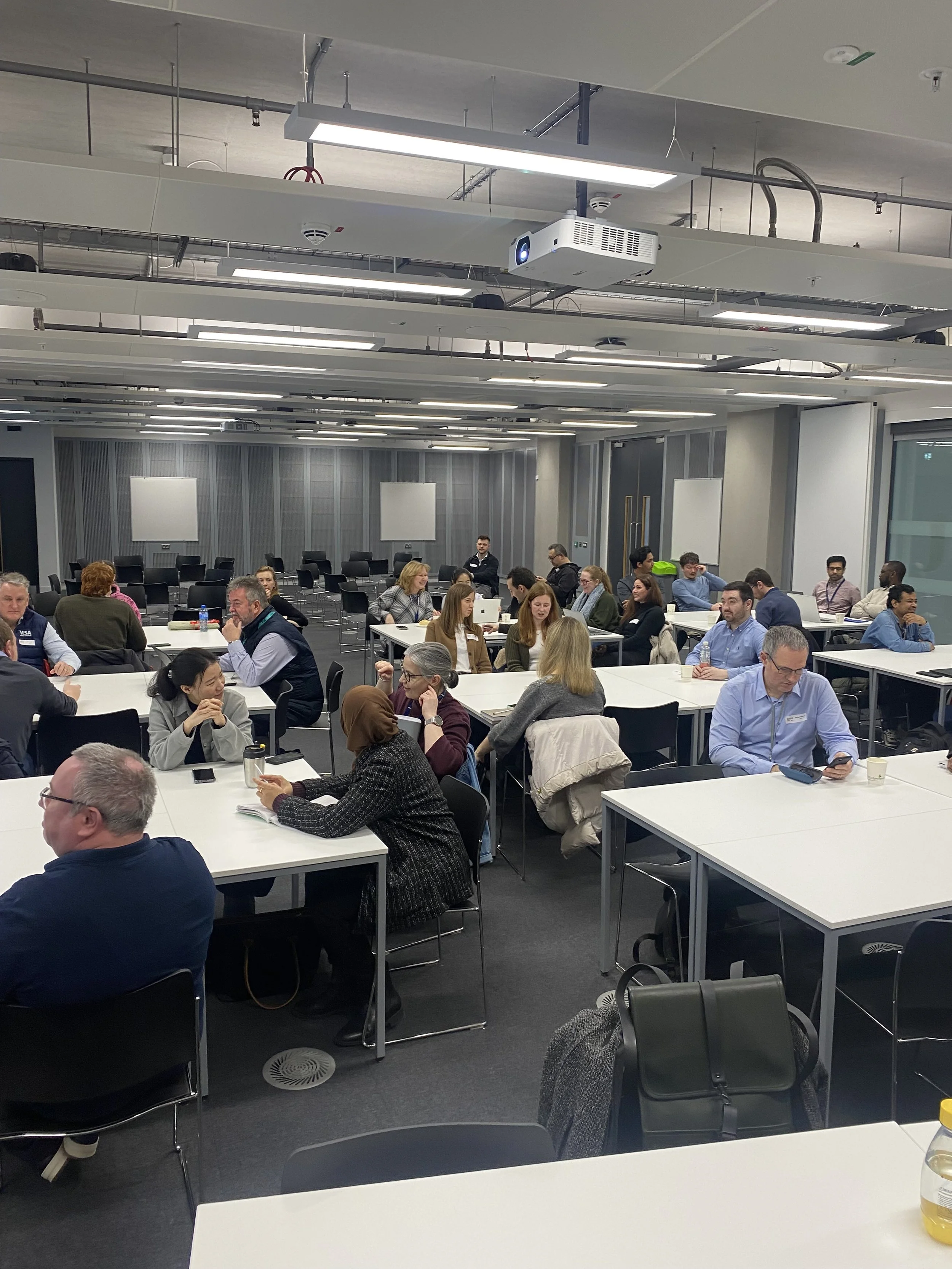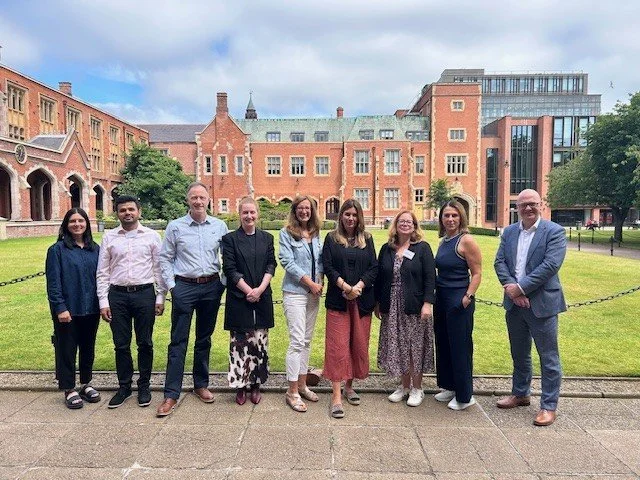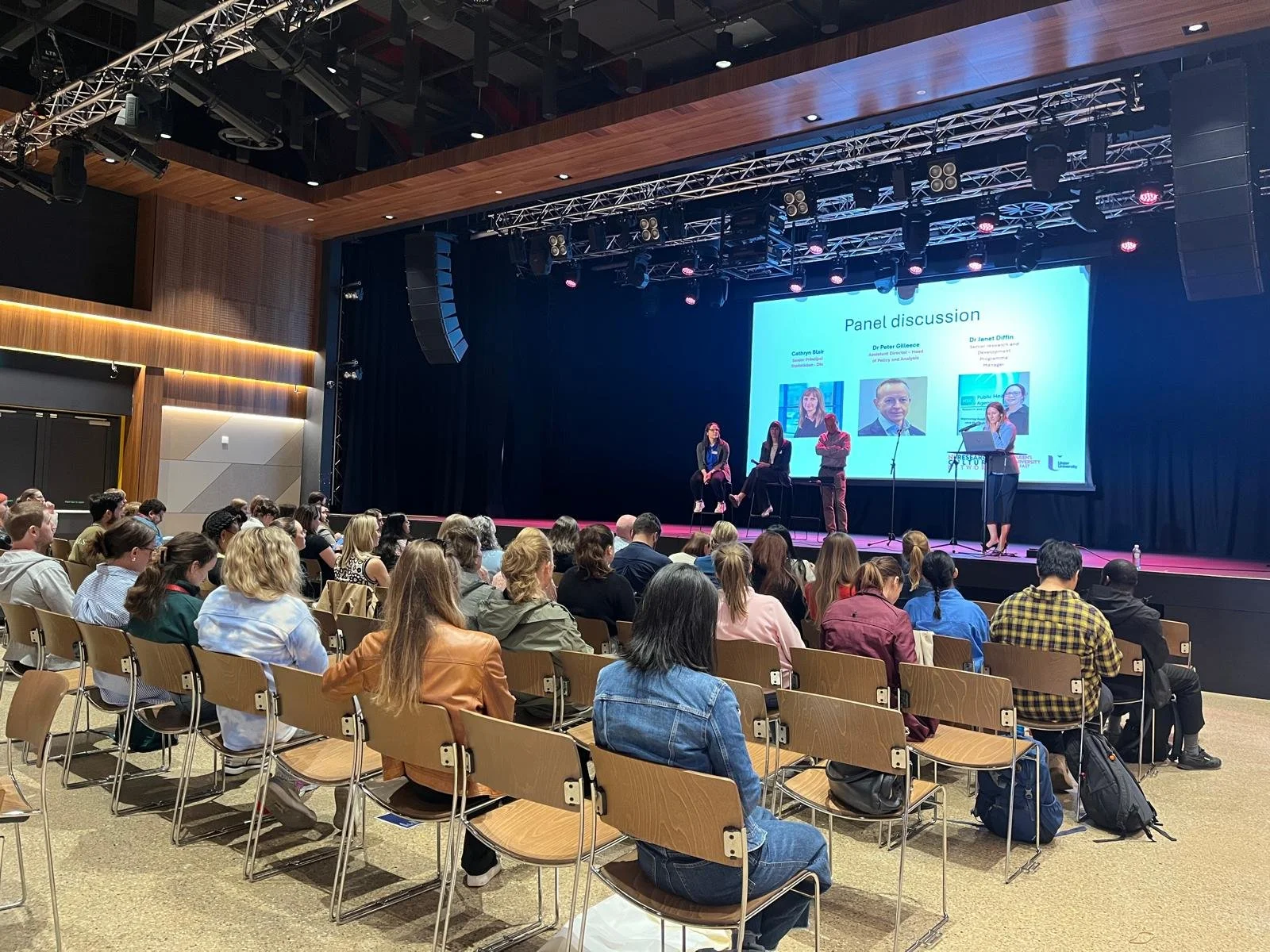
Research Culture NI is dedicated to building a cohesive, inclusive and vibrant research and innovation ecosystem in Northern Ireland. Through our work we aim to facilitate collaboration through Northern Ireland’s vast research community.
Background
Research culture, as defined by the Royal Society, “encompasses the behaviours, values, expectations, attitudes and norms of our research communities. It influences researchers' career paths and determines the way that research is conducted and communicated.”
Addressing challenges in research culture
The Wellcome Trust’s publication, "What Researchers Think About the Culture They Work In" (2020), highlighted serious concerns about the sustainability of current research practices.
In response, both the government and funding bodies have introduced strategies to foster a positive and inclusive research culture, including the UK Government’s R&D People and Culture Strategy (2021).
Northern Ireland’s unique challenges
Universities play a critical role in supporting Northern Ireland’s economic and societal goals. Despite NI’s unique strengths, such as proximity to industry and government, several challenges persist, including:
Limited connectivity between stakeholders
Under-utilisation of research talent
A less mature research ecosystem driven by funding gaps
Wellcome funding for research culture
Recognising the importance of enhancing research culture, the Wellcome Trust launched an ‘Institutional Funding for Research Culture’ initiative in 2023, inviting 43 universities from the UK and Ireland to apply for grants.
Queen’s University Belfast, with Ulster University as a partner, successfully secured approximately £660,000 over two years (2024–2026) to establish Research Culture NI.

Our aim
The two-year programme aims to foster collaboration across the R&I community, promoting an open, diverse, supportive, and sustainable research culture. Led by Queen’s University in partnership with Ulster University, Research Culture NI will be guided by a Steering Board of key stakeholders from HEIs, RPOs, government, industry, and other groups.
Key projects
Research Culture NI will deliver five key workstreams across the two years:
-
While the universities have made efforts to understand and improve the research culture within an academic context, there is a need for a landscape analysis and benchmark data that covers the entire regional research ecosystem. To achieve this, we will:
Conduct a landscape review via an independent research consultancy (CRAC-Vitae appointed)
Drive an awareness-raising campaign using findings from the landscape review
Develop a regional Research Culture Action Plan
-
The research community in NI universities possesses high level talent of great value. We aim to dispel the perception that opportunities for career development and advancement are limited by:
Appointment of a new Research Careers and Employability Officer (at Queen’s, working with UU)
Align with economic priorities and bridge connections with non-academic sectors
Support and optimise research talent by providing high-quality advisory services
Enhance opportunities for research talent through the delivery of career events and employability development programmes
Visit postdoc career support for more information.
-
Aspirations for innovation-led economic growth in NI requires highly-skilled professionals across a range of generalist and specialist functions in HEIs/RPOs. These individuals exist across the R&I ecosystem in NI, however, they are disconnected from each other and broader national/international networks. To address this, we will:
Establish and evolve ‘NI Research Professionals Network’
Deliver two events per year to bring together research managers and administrators
Represent NI in wider development of RMA as a profession
Visit NIRPN website for more information and to join the network.
-
Research culture discussions at both universities have identified specific challenges in the area of Practice as Research (or ‘PaR’) which is linked to importance of creative industries for the NI economy. To overcome this, we will:
Develop a framework to ensure PaR is supported, integrated and nurtured
Deliver facilitated thematic workshops between Queen’s and Ulster
-
To evaluate the effectiveness of RCNI, an in-depth evaluation project based on a draft 'theory of change' framework will be conducted. An independent researcher will be engaged to:
Determine whether RCNI has achieved its intended outcomes
Provide evidence on the effectiveness of the pilot interventions
Help understand how the approach can be adjusted for maximum impact in the longer-term
Understanding the current research community and culture
A newly published report, delivered by CRAC-Vitae, explores the strengths, challenges, and opportunities to build a more connected and thriving research and innovation ecosystem in Northern Ireland. Covering themes from collaboration and careers to policy and practice, it provides an evidence base to influence system-level reforms and pilot interventions that strengthen research culture.
Latest news
Get in Touch
We would love to hear from you!










